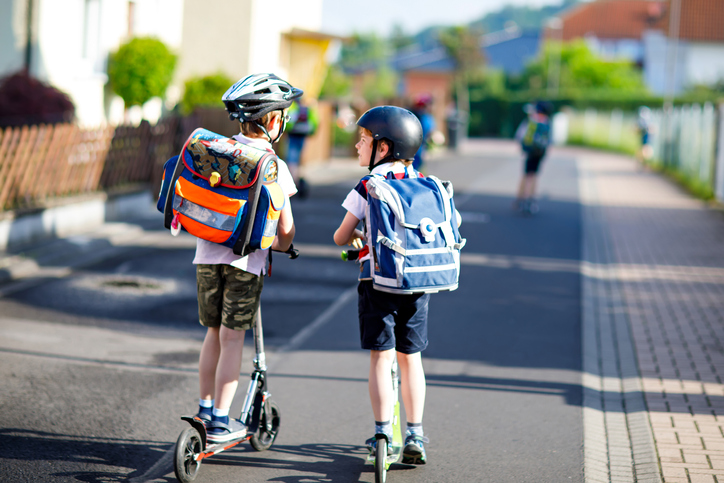Physical abuse
Is someone hurting you on purpose? This is physical abuse.
This content has been written for children and young people. If you’re looking for information for over 18s, visit our Types of Crime information about physical abuse.
Physical abuse can include hitting, kicking, punching, slapping, shaking, burning, biting, suffocating, scratching and hair pulling.
It can also include being forced to swallow something that might make you ill or hurt you, such as taking medicines when you are not ill.

It’s important to remember that physical abuse is never your fault, and the person who’s hurting you knows what they are doing. This person abusing you could be your parents, carers, brothers, sisters, other family members, friends, boyfriends, girlfriends or another adult or young person. They may say you deserved it and try to stop you from telling others about it. You may love the person who is hurting you, but it is never okay and it needs to stop.
You may also have other types of abuse happen to you alongside physical abuse, such as:
- sexual abuse – when you are forced, tricked or pressured into sexual activity
- emotional abuse – when someone puts you down or makes you feel bad
- relationship abuse – when your girlfriend or boyfriend puts you down or makes you feel bad.
Physical abuse can make you feel worried, sad, scared or angry, especially if you feel like you’re trying to deal with this all on your own. However, lots of young people find that it can help if they talk to someone. Some things you can do are:
- Tell an adult you trust – this could be a teacher, a family member, your youth worker, social worker or support worker. Think about talking to someone outside your situation so they can give independent advice. It can be difficult to know how to have this conversation; we have some tips on asking for help.
- Think about reporting it to the police. If you are at immediate risk of getting hurt, call 999.
- If it is safe, and the person who is hurting you cannot find it – you might think about writing down what has happened, including times and dates, like a diary. You can show this to your trusted adult or the police if you report this.
- With a safe adult, you could develop a safety plan that would help you choose how best to keep yourself safe.
- Talk to your friends. A good friend will listen to you and may help you speak to an adult.
If you are worried about a friend, we have some tips on how you can start the conversation and get them the right help.
It may feel very frightening to even think about telling someone that you are being physically abused. It is understandable to think that by telling someone what’s happening, you or someone else may be hurt more, but by talking to an adult you trust to get help and advice you will be putting yourself in the safest possible situation.
The main thing people will be worried about will be keeping you safe and stopping you being hurt again. It is likely to be very hard to tell someone if your parent or carer is hurting you because you may like or love that person. However, it is never okay for them to do this to you, whatever the circumstances might be, or however little or often it happens. It is the responsibility of your parent/carer to keep you safe and by physically hurting you they are making it unsafe for you. There may be other adults you know and trust that you can tell who will be able to help you, and also provide your parent/carer with support that they might need.
If you tell someone that you are being physically abused it doesn’t automatically mean you will be taken into care. It is a really big decision for people like social workers and the courts to put a young person into care, and they will only do this if they believe it to be the safest option for you and your family. Social workers will always listen to what you want and take your views into account on any decisions they make.
Victim Support’s Children and Young People Services – you can contact your nearest Victim Support office, call the 24/7 Supportline, contact us via live chat, or if you are 16 or older, you can create a My Support Space account. This is a free, safe and secure online space where you can work through interactive guides to help you move forward after crime.
Childine – 24-hour support for young people, both on the phone and through online chats and message boards, on physical, sexual and emotional abuse and a range of other issues: 0800 1111.
The Mix – information and support for under 25s on a whole range of issues, including rape and sexual assault as well as safe sexual relationships. Get confidential help by email, text, webchat or phone: 0808 808 4994.
Young Minds – information and advice on dealing with abuse.
